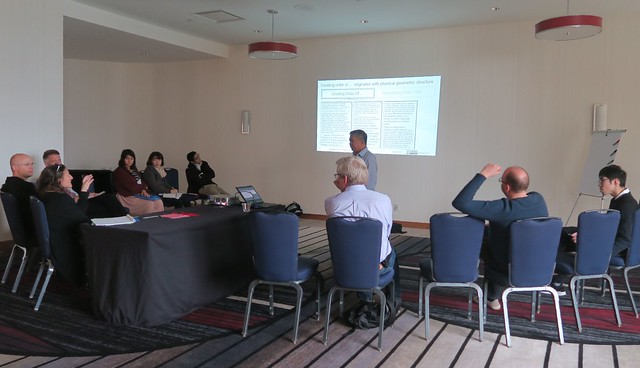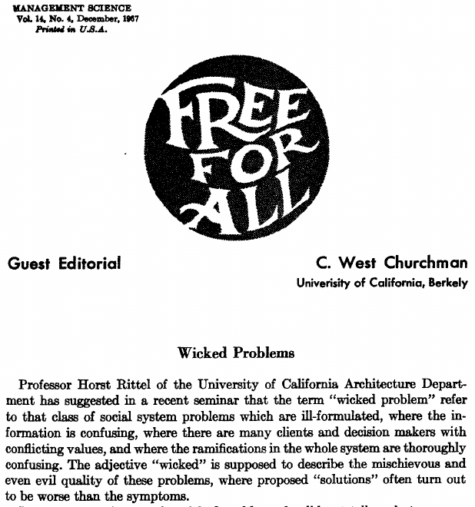Should we do, or not-do? Russell Ackoff, over many years, wrote about (negative) potential consequences:
There are two possible types of decision-making mistakes, which are not equally easy to identify.
- (1) Errors of commission: doing something that should not have been done.
- (2) Errors of omission: not doing something that should have been done.
For example, acquiring a company that reduces a corporation’s overall performance is an error of commission, as is coming out with a product that fails to break even. Failure to acquire a company that could have been acquired and that would have increased the value of the corporation or failure to introduce a product that would have been very profitable is an error of omission [Ackoff 1994, pp. 3-4].
Ackoff has always been great with turns of phrases such as these. Some deeper reading evokes three ideas that may be worth further exploration:
- 1. Doing or not-doing may or may not invoke learning.
- 2. Doing or not-doing invokes implicit orientations on time.
- 3. Doing or not-doing raises question of (i) changes via systems of willful action, and/or (ii) changes via systems of non-intrusive action.
These three ideas, explored in sections below, lead us from the management of human affairs, beyond questions of science, and into question of philosophy.
For those interested in the history of philosophy and science, the three ideas above are followed by an extra section:
… Read more (in a new tab)




